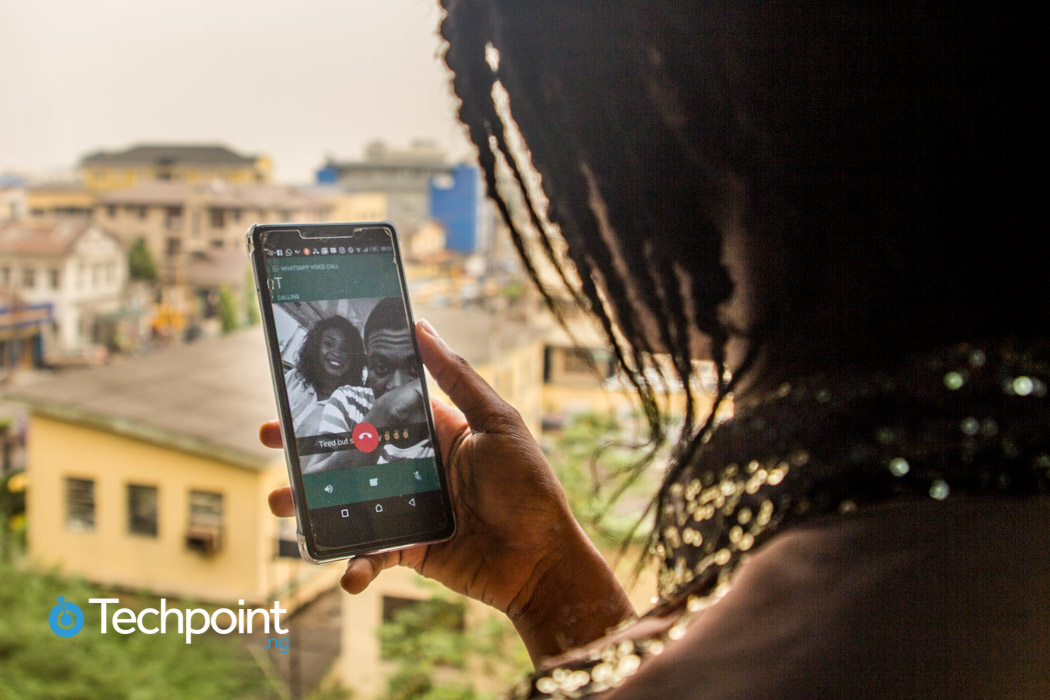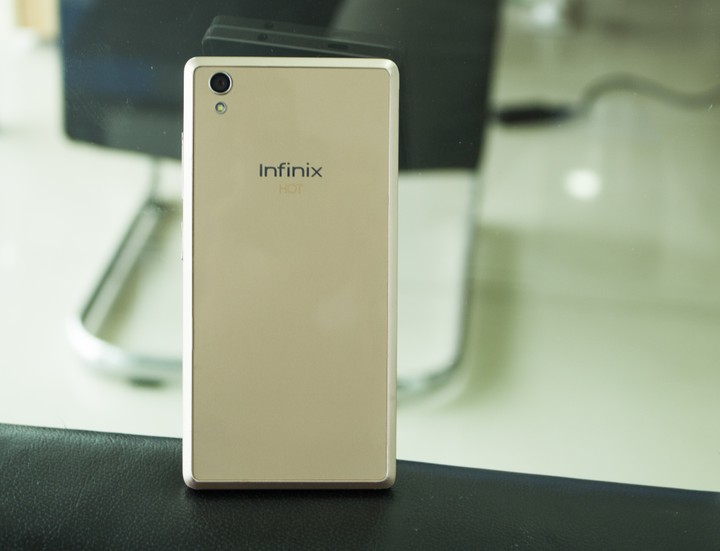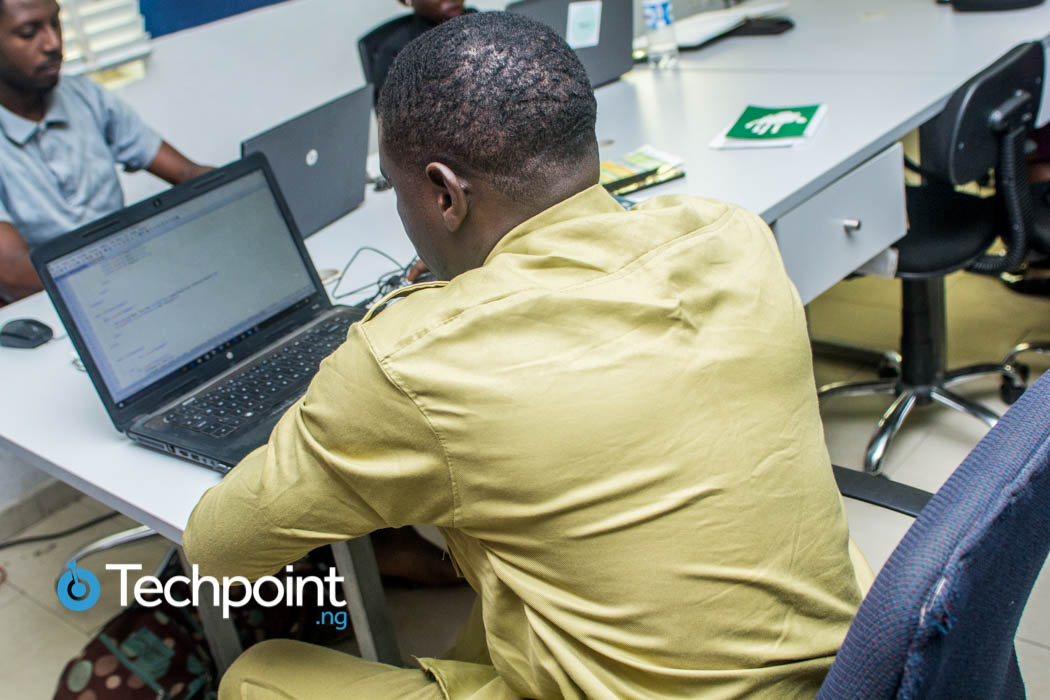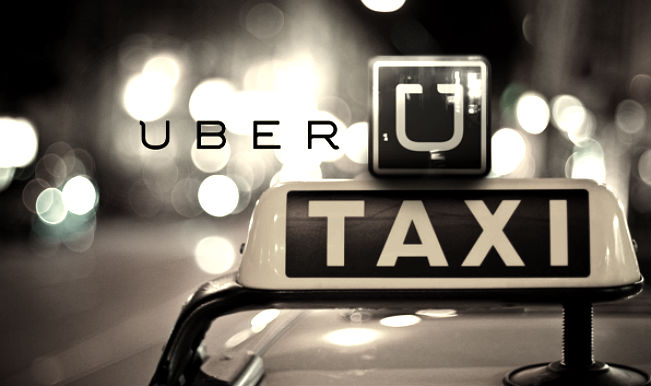Nigerian telecommunications operators still charge one of the most expensive voice, text and data rates in the world. The proliferation of Over-The-Top (OTT) services, has seen many Nigerians shifting more from the traditional calls to making calls (audio and video) on apps like Skype and WhatsApp.
International call rates in Nigeria are expensive with calls costs ranging from about ₦30 to ₦180 per minute depending on the country one is calling or one's network provider. This sounds ridiculous especially with the cheap call rates "campaigns" telcos run all over the country.
OTT services refer to applications and services (audio, video and other media) transmitted via the internet without a telecom operator controlling or distributing the content. They are usually lower in cost than the traditional charges and they are flexible as they aren’t location-specific so you can receive and make calls to and from anywhere in the world as long as you are connected to the internet.
Last year, the National Communications Commission (NCC) considered regulating the operations of these OTT services in Nigeria. The commission was concerned that these OTT players are generally not bound by regulations in many countries which orients market dynamics in their favour costing local operators a lot of money in revenue. Similarly, in Ghana and Zimbabwe, telecoms operators approached the government to ban the use of OTT services. The government of these countries considered the ban but later decided to go in favour of promoting access to technology as opposed to stifling it.
According to recent reports, Nigerian telecommunications operators have revealed their plans to block subscribers from using Skype and other OTT services as a result of their alarming revenue loss on international calls. They plan to reach a revenue of N20tn by taking these steps.
According to a manager at one of the telcos, Nigerian telcos have already lost about ₦100tn ($275.9bn) to OTT players between 2012 and 2017 on international calls. He disclosed that if telecoms operators don’t take these steps, they may lose between ₦20tn ($55.2bn) and ₦30tn ($82.8bn) by the end of 2018.

Are Nigerian telcos really running at a loss?
Nigerian telcos have complained about how much they lost to OTT players but it is very hard to believe that they run at losses as millions of Nigerians have come to depend on their services on a daily basis from recharging their phones to make calls and send text messages to subscribing for data. Are Nigerian telcos looking to enrich their pockets in this economic recession to the detriment of Nigerians?
The lack of telecommunications infrastructure is one of the challenges of economic development. It would not be too crazy to expect telcos to contribute to this development by providing enough infrastructure for their networks across the country and not having to wait for the government. Telcos operating in Nigeria are still yet to list their shares on the Nigerian Stock Exchange (NSE), a move which would contribute to the country's economic growth.
If these plans by telecoms operators are successful, what would Nigerians who have come to depend on WhatsApp, Skype and Facebook calls do?

Be the smartest in the room
Give it a try, you can unsubscribe anytime. Privacy Policy.
Would the Nigerian government step into the matter and make sure the telcos do not carry out their threats? Or would Nigerians be forced to make traditional international calls at expensive rates?
These plans could mean steps backward from our progress in technology, is this a chance we would be willing to take?
If the telcos really need to get their subscribers to make international calls on their networks, they should make the call rates cheaper which may result in Nigerians not favouring OTT services so much. A win-win situation for everyone. If steps are not taken to make things right, Nigerians may be forced to ditch these operators for 4G internet service providers like Spectranet.





















